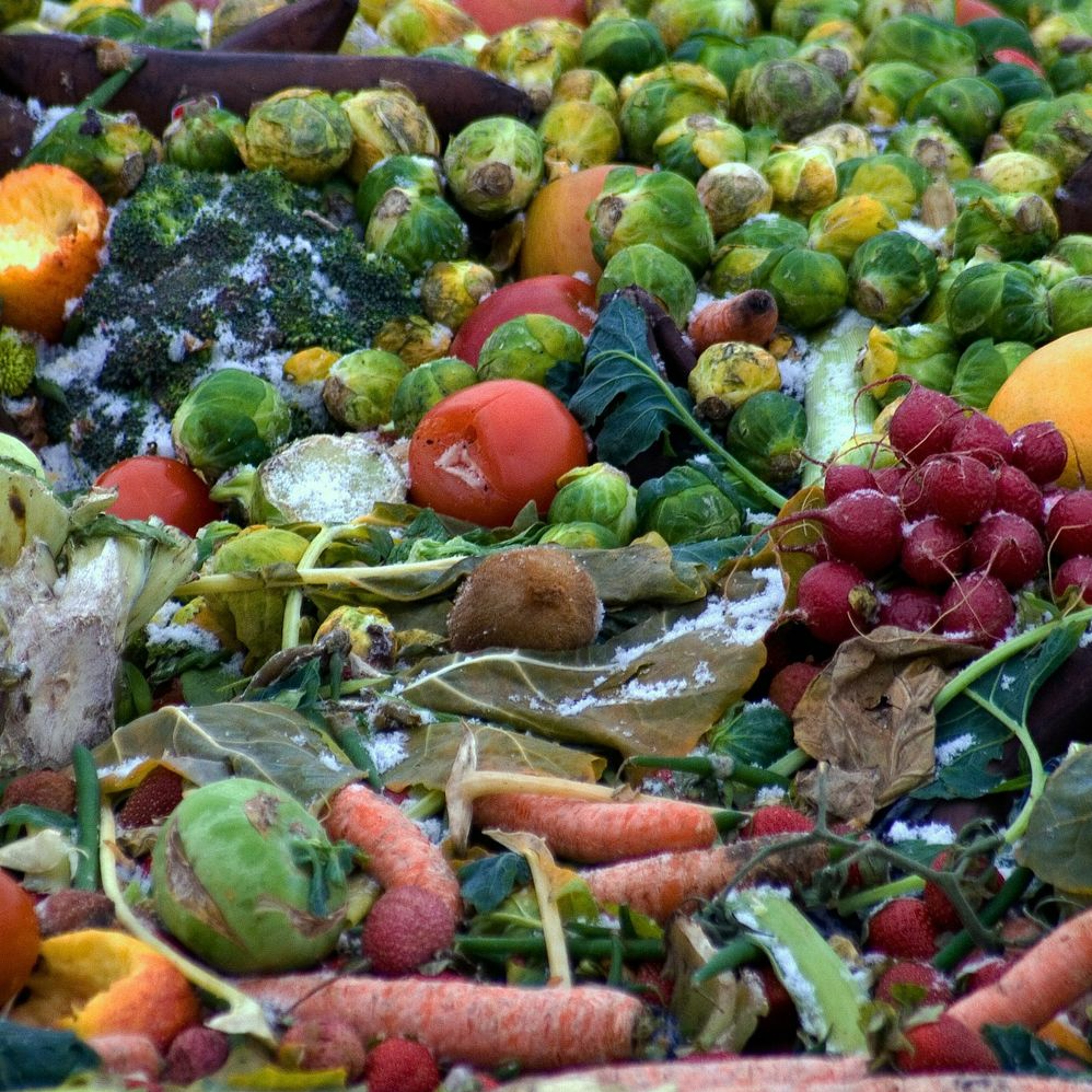- Government
- SEE MORE
- classical
- general
- talk
- News
- Family
- Bürgerfunk
- pop
- Islam
- soul
- jazz
- Comedy
- humor
- wissenschaft
- opera
- baroque
- gesellschaft
- theater
- Local
- alternative
- electro
- rock
- rap
- lifestyle
- Music
- como
- RNE
- ballads
- greek
- Buddhism
- deportes
- christian
- Technology
- piano
- djs
- Dance
- dutch
- flamenco
- social
- hope
- christian rock
- academia
- afrique
- Business
- musique
- ελληνική-μουσική
- religion
- World radio
- Zarzuela
- travel
- World
- NFL
- media
- Art
- public
- Sports
- Gospel
- st.
- baptist
- Leisure
- Kids & Family
- musical
- club
- Culture
- Health & Fitness
- True Crime
- Fiction
- children
- Society & Culture
- TV & Film
- gold
- kunst
- música
- gay
- Natural
- a
- francais
- bach
- economics
- kultur
- evangelical
- tech
- Opinion
- gaming
- College
- technik
- History
- Jesus
- Health
- movies
- radio
- services
- Church
- podcast
- Education
- international
- Transportation
- Other
- kids
- podcasts
- philadelphia
- Noticias
- love
- sport
- Salud
- film
- and
- 4chan
- Disco
- Stories
- fashion
- Arts
- interviews
- hardstyle
- entertainment
- humour
- medieval
- literature
- alma
- Cultura
- video
- TV
- Science
- en
Corruption is starving the poor in developing economies

Robust institutions and low levels of corruption are more important to reducing hunger than population size or the state of a country\u2019s natural resources.\n\nFood security\u2014the ability of a country to feed its people\u2014will become even more important in coming years as Asia\u2019s population rises and resources grow scarcer. \n\nA study of 10 countries in Asia and the Middle East found that food security grows alongside the development of political democracy, economic growth, strong judicial systems, and other institutions.\n\nAsia will need to produce more food despite resources that are already limited and will be even more stretched as populations grow. \n\nWhile environmental issues, including climate change, are tough challenges, institutional reform is the most important step for countries in the region seeking food security for their people.\n\nRead the transcript\nhttp://bit.ly/2mlGPBN\n\nRead the book\nhttps://www.adb.org/publications/food-insecurity-asia-why-institutions-matter\n\nRead the summary\nhttps://www.adb.org/publications/at-a-glance-food-insecurity-asia-why-institutions-matter\n\nAbout the editors\nZhang-Yue Zhou is a professor at the College of Business, Law and Governance, James Cook University, Australia.\n\nGuanghua Wan is an economist at the Asian Development Bank, Manila.\n\nKnow more about ADBI\u2019s work on food security\nhttp://bit.ly/2mfu0cb